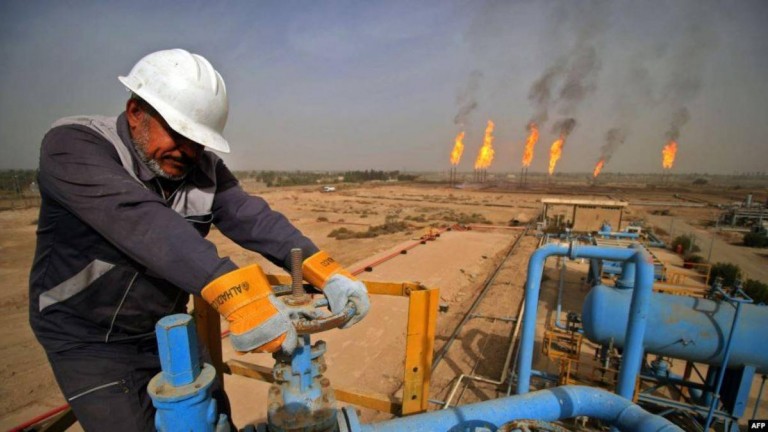Iraq redirecting oil flow to Europe as Asian markets rekindle appetite for Russian oil

Shafaq News/ Iraq is redirecting crude flows from its primary customer base in Asia to refineries in Europe as countries like China and India have rekindled their appetite for the cheap Russian oil, expert Hamza al-Jawaheri said on Thursday.
"Now that the Asian are more interested in the Russian oil that has been trading low since the Russian invasion of Ukraine, Iraq has lost a large chunk of its sales," al-Jawaheri said, "to fill this gap, OPEC's second-largest producer will prioritize sales to the most lucrative market."
"Iraq will face no problem selling its oil in accordance with the global benchmarks," he said.
Testimonies from traders in Europe resonate with al-Jawaheri's remarks. They said Iraqi grade Basrah Medium had emerged as the crude of choice for Mediterranean and Northwest European refiners switching from Russian Urals.
"Crudes like Iraq's Basrah Medium and Basrah Heavy are placing well into Europe, but in Asia it is being displaced by Urals, and Chinese demand is not [very strong]," a crude oil trader told S&P.
Europe is particularly dependent on Russian oil and was importing about 2.7 million b/d of crude and another 1.5 million b/d of products, mostly diesel, before the invasion of Ukraine.
On May 4, the EU said it planned to phase out imports of Russian oil into the trade bloc by year-end. But due to self-sanctioning, some European refiners and independent traders have already slashed seaborne flows of Russia's Urals crude, heavy fuel oil, vacuum gasoil and naphtha into the region.
Iraq expects more of its crude oil to flow into Europe in the coming months, as refiners are looking to make up for the shortfall in Russia.
The volumes could be boosted with repairs to a single-point mooring at the port of Basra that are scheduled to be performed in June, SOMO officials said. When complete, the revamped SPM will add 100,000 b/d of export capacity.
Current exports from Basra are capped at 3.27 million b/d, the officials said, because of damage sustained by loading infrastructure over the years.





